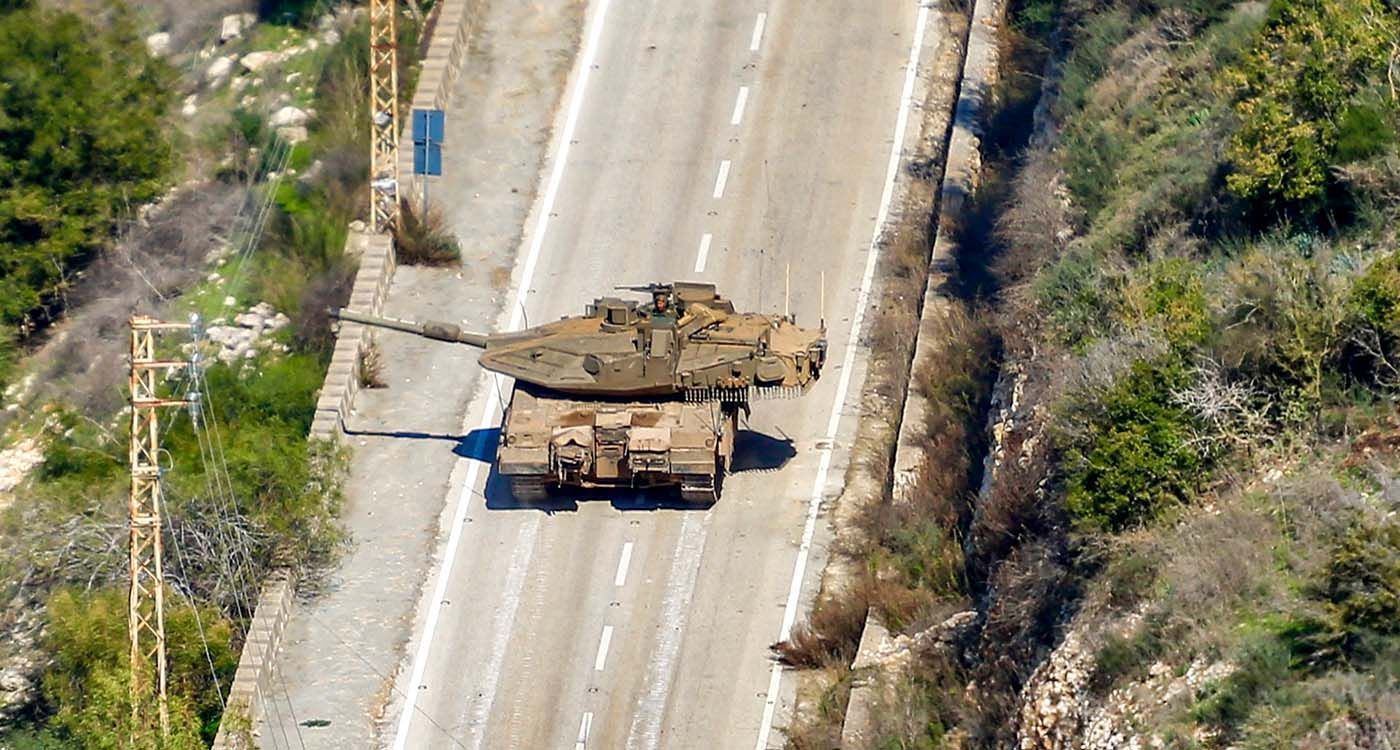
A quarter-century is a brief chapter in the life of a nation. But for a population held hostage for decades by war and relentless existential crises – driven by the unchecked ambitions of regional powers and factions – it can feel like an era. On May 25, 2000, Hezbollah staged a major celebration to mark the withdrawal of the last Israeli soldier from South Lebanon, ending an occupation that had lasted nearly 22 years.
With Israel’s full withdrawal, many in Lebanon paid tribute to the young Hezbollah fighters and operatives who, since the party’s founding in the early 1980s, had given their lives in their prime for a cause that, in hindsight, served more to advance the Islamic Republic of Iran’s sweeping regional ambitions than to resist Israel’s presence in the south.
In May 2000, Hezbollah’s leadership was quick to claim victory, crediting the party and its so-called “Islamic Resistance” with the liberation. But it was soon overlooked that the first resistance to emerge after the 1982 invasion was not Islamic at all. It was, in fact, secular, initiated by a leftist movement – most prominently the Lebanese Communist Party (LCP) – led in large part by the late Georges Hawi, the party’s former secretary general, and former MP Elias Atallah.
In May 2000, an undeniable fact was quietly ignored: the earliest resistance fighters – senior members and leftist activists – had been actively targeted and eliminated by the pro-Iranian party’s apparatus. Also overlooked was the bitter fratricidal war Hezbollah waged in the late 1980s against its rival Shiite militia, the Amal Movement (supported by the Assad regime), notably the deadly battles in the southern suburbs of Beirut in 1988. This violent conflict, which claimed dozens of lives on both sides, ultimately allowed the pro-Iranian party to assert itself through sheer force as the sole power on the ground against Israel.
In reality, it was Hezbollah’s Iranian backers – particularly the regime’s hardline faction under Supreme Leader Ali Khamenei – who dominated Lebanon’s political arena and, by extension, the region. Wilayat al-Faqih’s doctrine was irrefutable. This is where the real issue lies. The Israeli withdrawal gave the pro-Iranian party the opportunity to claim legitimacy under the banner of “resistance,” a legitimacy it would aggressively capitalize on to cement its dominant position in Lebanon’s political arena. Yet, true to the ideological commitment it made at its founding in the mid-1980s – unwavering allegiance to the Supreme Leader (wali al-faqih) – Hezbollah, guided by Tehran, gradually launched a prolonged campaign of conflict and destabilization after Israel’s pullout. While this served Iran’s national interests, it brought devastation to Lebanon, sowing death and destruction over time, particularly within the Shiite community.
Following the pivotal moment of May 2000, Hezbollah followed the directives of its Iranian sponsor. It initiated a series of actions that systematically dismantled Lebanon’s central state in favor of its own mafia-like mini-state and the geostrategic agenda of the Islamic Republic’s hardline faction. This included the July 2006 war; the deliberate sabotage of UN Security Council Resolution 1701, adopted at the end of that conflict; relentless political and media campaigns against Gulf countries; deploying instructors to Yemen to train Houthis in attacks on Saudi Arabia’s Aramco facilities; deep and direct involvement in Syria’s civil war to prop up Bashar al-Assad’s regime; establishing covert cells in Kuwait, Cyprus, Germany, the UK and several European and Latin American countries; militia control over state institutions; large-scale smuggling operations into the Syrian market; an arrogant and domineering attitude toward all Lebanese factions; and, as the ultimate blow, the “support war” for Hamas launched on October 8, 2023, despite near-unanimous opposition from Lebanon’s political leadership.
The major strategic mistake committed by Hezbollah over the past 25 years – and for which it now pays a heavy price – was to remain rigidly aligned with its ideological stance, becoming exclusively the chosen instrument of the regime’s hardline faction, while disregarding the most basic Lebanese interests. For the party’s leadership, Lebanon is little more than a small corner of a vast regional chessboard, where the Supreme Leader maneuvers his pieces according to hegemonic ambitions and Iranian strategic interests which hold no relevance for the Lebanese people…




Comments